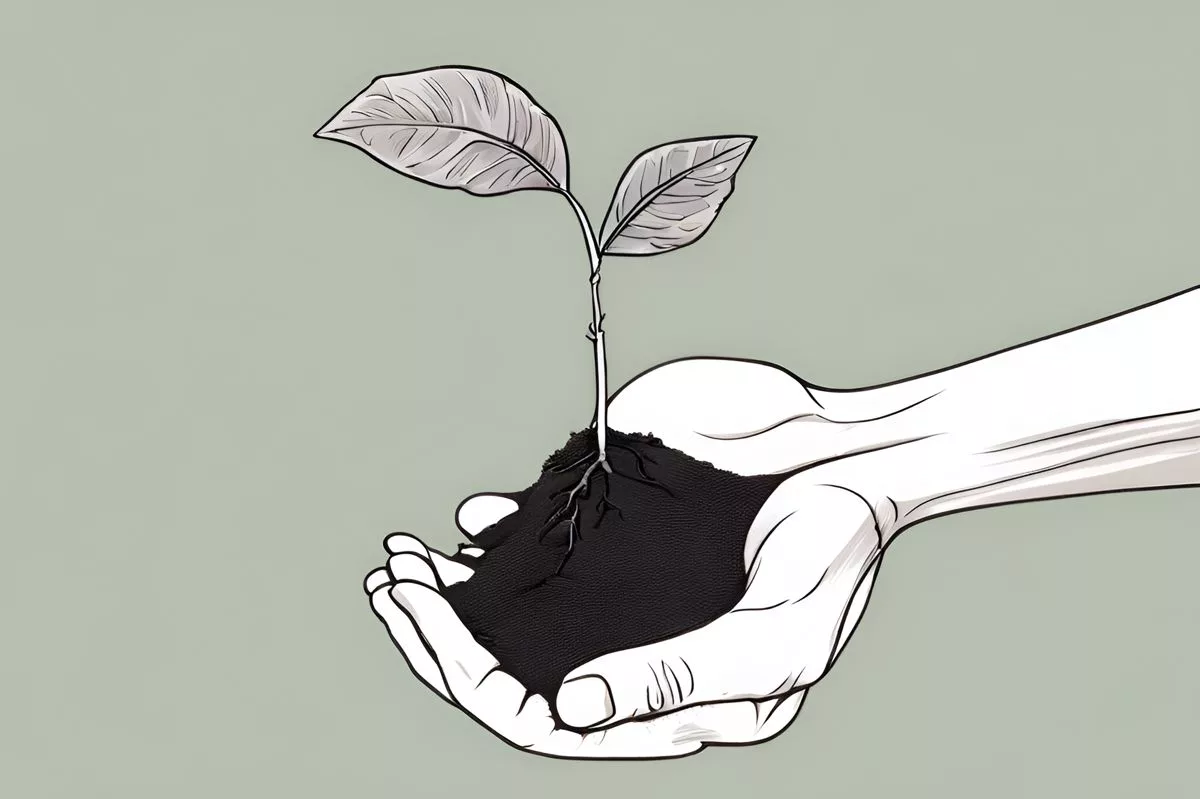South Africa is facing an economic crisis, with population growth surpassing economic development and leading to a ‘per-capita recession’. However, a socio-economic partnership between public and private entities is yielding positive results. The private sector has offered vital financial and intellectual support to the government, with the aim of elevating South Africa’s economic growth rate by 6% and promoting inclusive economic development. This partnership serves as an example of collective resilience and ingenuity, embodying the African philosophy of Ubuntu and potentially inspiring other nations dealing with their distinct issues.
How is South Africa tackling its economic crisis?
South Africa’s public and private entities have formed a socio-economic partnership to combat the economic crisis together. Private sectors are offering vital financial and intellectual support to the government, yielding positive results. The partnership aims to elevate South Africa’s economic growth rate by 6% and promote inclusive economic development through an overhaul of the nation’s deteriorating ports and rail network. This public-private alliance serves as a reminder of collective resilience and ingenuity, potentially inspiring other nations dealing with their distinct issues.
The Challenge of Economic Balance in South Africa
South Africa is an intriguing anomaly in the landscape of global geopolitics and financial volatility. With the ominous threat of a ‘per-capita recession’ looming, the nation has witnessed an extraordinary fusion of public and private entities, aiming to tackle the crisis together. Their socio-economic partnership is reaping rewarding results, the likes of which are yet to be seen elsewhere.
The Chief Economist at Citadel, Maarten Ackerman, recently shed light on a disturbing reality. Statistics from the last quarter of 2023, as released by Stats SA, revealed an unsettling fact. The nation’s population growth is surpassing its economic development. With a scant GDP growth rate of 0.1%, as opposed to a 1.5% growth in population, South Africa is indeed grappling with a ‘per-capita recession’, as indicated by Ackerman. To put it simply, the economy’s growth is unimpressive, while the populace, the number of people relying on it, is swelling swiftly.
Private Sector: The Silver Lining Amidst the Gloom
Notwithstanding the economic adversity, there is a glimmer of hope that can’t be overlooked. The private sector has risen to the occasion remarkably, offering vital financial and intellectual support to the government, which is much needed given the current circumstances.
In a bold appeal in June 2023, the nation’s President, Cyril Ramaphosa, urged private establishments to contribute their resources and knowledge to address pressing national concerns that varied from energy and logistics to crime and corruption. The plea was not dismissed. He recently stated that this cooperative model is yielding positive results, with encouraging outcomes already evident.
Illustrating this successful collaboration is the partnership between Business Unity South Africa (BUSA) and Discovery Limited, led by Discovery CEO Adrian Gore. The team declared that they had gathered R170 million in private sector aid and rallied 350 technical specialists to support the government, all within just nine months.
Expanding Scope and Ambitious Growth
This augmentation of financial and technical expertise was initially concentrated on addressing the national electricity crisis. However, it has now expanded its focus. The next concern on their agenda is the logistics crisis, a significant burden on an already struggling economy. BUSA is planning to broaden this funding model to enhance government initiatives wherever necessary.
However, the aim goes above simply filling the voids. The partnership is keen on propelling growth. It ambitiously aspires to elevate South Africa’s economic growth rate by a whopping 6%, through an overhaul of the nation’s deteriorating ports and rail network. This daring venture is projected to restore societal and investor faith in South Africa, thereby promoting inclusive economic development.
In his concluding statement, Adrian Gore captured the essence of this optimism, stating, “It’s crucial to harness this momentum and promptly implement essential reforms to enhance societal and investor belief in South Africa, and cultivate an inclusive economy.”
A Beacon of Hope and the Power of Ubuntu
South Africa’s exemplary public-private amalgamation bears testament to the potency of collective efforts in resolving crises. As underlined by Adrian Gore and Maarten Ackerman, the moment is ripe to capitalize, adopt reforms, and strive for a more inclusive economy. At its core, it is an embodiment of ‘Ubuntu’, an African philosophy that emphasizes the interconnectedness of all things and the strength of unity in action.
As South Africa contends with its economic hurdles, this joint venture provides a ray of hope. It serves as a powerful reminder of collective resilience and ingenuity, and could very well inspire other nations dealing with their distinct issues. If this public-private alliance proves successful, it could signal the onset of a new phase in South Africa’s economic chronicle, characterized by unity, resilience, and inclusive growth.
1. What is the economic crisis that South Africa is facing?
South Africa is facing a ‘per-capita recession’, where population growth is surpassing economic development, leading to an economic crisis.
2. How is South Africa tackling its economic crisis?
South Africa’s public and private entities have formed a socio-economic partnership to combat the economic crisis together. Private sectors are offering vital financial and intellectual support to the government, yielding positive results. The partnership aims to elevate South Africa’s economic growth rate by 6% and promote inclusive economic development through an overhaul of the nation’s deteriorating ports and rail network.
3. What role is the private sector playing in tackling the economic crisis?
The private sector has risen to the occasion remarkably, offering vital financial and intellectual support to the government, which is much needed given the current circumstances. The partnership between Business Unity South Africa (BUSA) and Discovery Limited has gathered R170 million in private sector aid and rallied 350 technical specialists to support the government, all within just nine months.
4. What is the aim of the public-private partnership in South Africa?
The partnership aims to elevate South Africa’s economic growth rate by 6%, through an overhaul of the nation’s deteriorating ports and rail network. This daring venture is projected to restore societal and investor faith in South Africa, thereby promoting inclusive economic development.
5. What is ‘Ubuntu’ and how is it embodied in South Africa’s public-private partnership?
‘Ubuntu’ is an African philosophy that emphasizes the interconnectedness of all things and the strength of unity in action. South Africa’s exemplary public-private amalgamation bears testament to the potency of collective efforts in resolving crises and is an embodiment of Ubuntu.
6. How could South Africa’s public-private partnership inspire other nations dealing with their distinct issues?
If this public-private alliance proves successful, it could signal the onset of a new phase in South Africa’s economic chronicle, characterized by unity, resilience, and inclusive growth. It serves as a powerful reminder of collective resilience and ingenuity and could very well inspire other nations dealing with their distinct issues.













